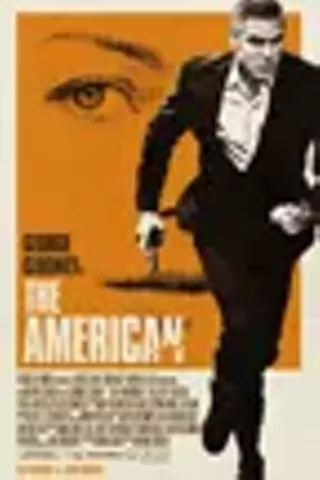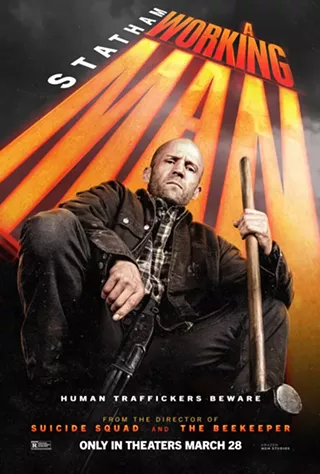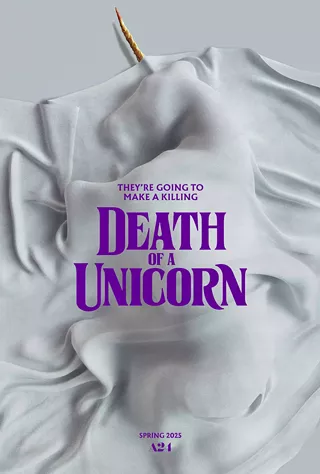Some films are slow because they're put together wrong, or there simply isn't enough to sustain 100 minutes of screen time. Other movies are designed to be slow, because they're methodical and concerned with the details.
The American is the second kind of movie—although at the conclusion, a mistaken case can be made that it's masquerading as the first kind.
Not much goes on in Anton Corbijn's film, an adaptation of the Martin Booth novel A Very Private Gentleman. The film isn't about what happens on screen as much as what happens behind the eyes of Jack (George Clooney).
Well, we're introduced to him as Jack. He's in Sweden but can't stay there long. Jack makes a phone call when he gets to Rome and is told to lay low in a small village and await further instructions. We've seen enough hitman movies to know this other man is Jack's handler; whatever happened in Sweden requires a little cleaning up, so it's best that Jack disappear for a while.
That's easy to do in Castel del Monte, an Italian hillside town in the Abruzzo mountains with a population around 500—except, as the title suggests, Jack is an American, so he stands out, as any newcomer would. Jack becomes Edward, a landscape and architecture photographer on a working holiday. His real job, we begin to realize, is not pulling the trigger himself: He designs the weapons high-priced assassins use.
Eventually, Jack gets a call from his handler. He's to build a unique gun for a mysterious assassin (Thekla Reuten). As fate would have it, she catches Jack's eye, but Jack's been burned before, so he internalizes the only human instinct he has left.
Jack buries himself in his work, and this is the true beauty of The American, as slow as it may seem to casual viewers. Watching Clooney intricately assemble this gun piece by piece is like watching Corbijn put together his film: slowly, patiently, but definitely with purpose and a destination.
The same can be said of the precise work of Clooney. He's never exactly stone-faced, but this performance is certainly not one of Clooney's usual charming portrayals. This character is filled with absolute sadness. He makes two friends during his stay in Castel del Monte, and one, a priest, tells him, "You cannot deny the existence of hell. You live there."
Jack seeks comfort with a local prostitute (Violante Placido), and mistakenly or not, he sees the contact as emotional as much as physical.
Clooney's muted performance makes this film a bit of a gamble. It seems to have paid off; The American was a surprise winner at the box office in its opening weekend. But the cast is entirely peopled by European character actors, and Corbijn's only previous feature is Control, the 2007 biopic of Joy Division singer Ian Curtis. That's not exactly like directing Avatar.
Instead of the familiar, Clooney is surrounded by a cosmetically attractive film. Corbijn uses natural and ambient light for nearly everything, and even his choice of actresses—seasoned yet inescapably attractive—gives the film more authenticity than the story would have in other hands.
Corbijn's background is in music videos and still photography, and he shows a tremendous amount of visual restraint and a strong commitment to story. Yes, this is a film that takes its time and accomplishes as much with silence as it does with gunshots. But this story, presented another way, would no longer be this story, the complicated inner struggle of a man who can no longer stay shut off.
The split for most viewers will come in the film's final few moments: Is the conclusion a payoff? Do movies need payoffs, especially slow ones? Was it worth the hour-and-a-half of introspective pacing to get there? For most, the answers will be no, yes and no. However, this is the only conclusion in the cards, and realistically, it's the only one The American could really have.

















